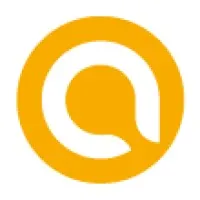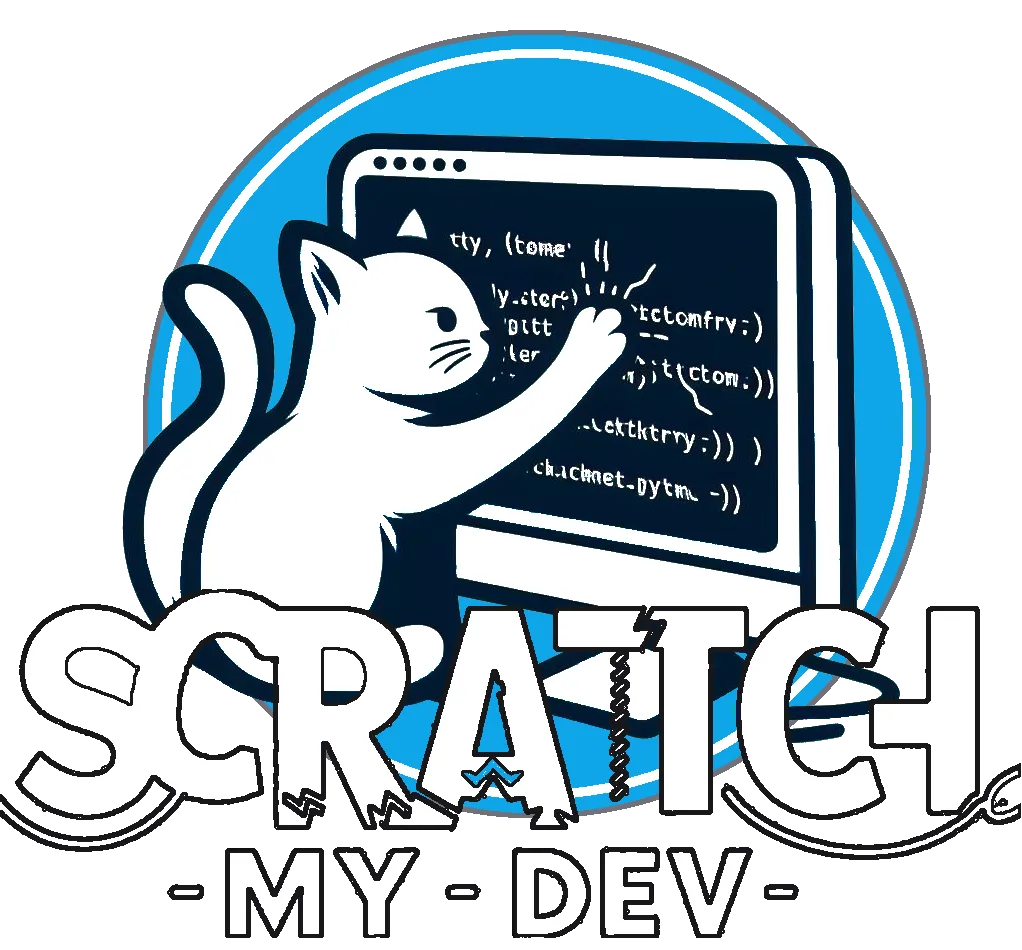My skills & experiences
Since I started working, my skills have evolved and they keep evolving, that is why I would never consider myself an expert; I am in a never ending learning state.
Skills
Languages
HTML
HTML is one of the first and easiest language you learn when starting web development. Even if I use practically on a daily basis, I know I am not up to date and there probably HTML tags I don’t know about. Also, I still have to take a deeper look at accessibility tags and attributes.
CSS
I know CSS doesn’t have the best reputation among developers (mostly non web developers though), I can be tedious to "debug", and yet I believe that everything makes sense when you understand how it works. Many of my students struggle with it, probably because there are many way to achieve what is asked of you with CSS, even though some of the choices they make are just bad 😅. I am a big fan of TailwindCSS (very controversial among developers I know) and I haven’t written "real" CSS for some time now. When I see what is accomplished by people on the Internet with only HTML and CSS, I am amazed of how much I don’t know about CSS.
Javascript
JavaScript is everywhere now and yet it was always that popular nor that fast. As a full stack developer, I use it almost every day and I am glad honestly. I know I still have a long road to go, and I certainly don’t it at its full potential (hello Maps and Sets…). I am used to implicit typing as I also use PHP and I have to admit I am still struggling to learn TypeScript.
PHP
PHP is old, PHP is slow, PHP is not modern, and so on. This is what you can see or hear from other developers who, in fact, have never taken the time to test it because they started in a modern era filled with JavaScript frameworks. However, today, there are still more websites built in PHP than in NodeJS or other server-side languages. This is certainly due to CMS like WordPress, but it’s still proof that PHP has a bright future ahead of it. It has evolved significantly since its creation, and even though it’s not always easy for me to use the new features and syntax (hello explicit typing), I try to keep up with the changes.
SQL
I am going to be honest, SQL is not the language I like the most and I as better at it when I was a student that I am now. Why is that? Well, when you do not practice enough, you lose the ability to use it correctly. I mainly use MariaDB but frameworks like Laravel with Eloquent as its ORM or Symfony with Doctrine, they just do the heavy lifting for you and in rare case when you need a more complex query, you get your hands dirty but it’s not enough to make you an expert. I am fine with that as it is not my job to manage enormous databases.
Frameworks
Laravel
I started by using Lumen before I started to use the "full version" that is Laravel. The reason is using Lumen to create REST API and it was just overkill to use Laravel just for that. At some point I felt a bit limited as it was somewhat difficult to use external libraries that were compatible with Laravel but needed some "hacks" to work with Lumen. Plus, Lumen now suggests you directly use Laravel as it is faster. Recently I discovered Inertia (Laravel package) which allowed me to still dissociate the backend and the frontend as I used to do with Lumen server side and a VueJS app on the client side. Inertia allows you to work on the same domain (bye bye CORS hassle) and the communication between the server and the client is done for you, plus you get SSR, I just love it.
VueJS
I have been using VueJS for many years now. Why not React? I am not sure I can really answer that question, it just a preference to be honest, I tried React and I found it way more difficult to understand and to write. That changed a bit since VueJS 3 and its composition API which let’s face it resemble React a bit. But separated templates are still more comprehensive to me than JSX. It just comes down to preferences at in the end, and if for a specific project I need to use React, so be it, I know that it would take me some time to get used to, but I could work with it.
React
I took some time to try (again) React in 2023 and even though I still prefer VueJS, I know I could work with React if I had to. It would be mostly useful to be able to make phone apps with React Native.
AlpineJS
I call it my new JQuery. Whenever I have a small project, like a simple web page that needs some reactivity, I don’t want to rush and use a big framework like VueJS or React. AlpineJS is a small yet powerful framework which will do most of the work for you when you need two-way binding, for example in forms. Its syntax is close to VueJS in my opinion, which might be why I like it so much.
Astro
The website you are on, is built with Astro. This is yet again a JS framework, but it is compatible with other frameworks like VueJS, React or Angular, you can even mix all of them if you want to. I use it as a static site generator, linked with Netlify and Github, you have a blazing fast website updated at every push on your repository.
Experiences

L’Institut Agro Enseignement à distance
Full Stack Web Developer
After completing my studies, specialized in Web development in 2012, I started working as a Web developer (Full Stack, although this term was not widely used at the time). To this day, I am still the only developer in my department, which gives me a certain degree of freedom despite some technical limitations. A portion of my time is also dedicated to user support, as we have remote learners who sometimes struggle to use our training platform. My activities are diverse enough to keep me from getting bored! Regarding development, I can create plugins for our platform (Moodle), build applications for my colleagues, or create interactive resources for our learners.

Université Clermont Auvergne
Web supply instructor
Shortly after leaving the UIT (University Institute of Technology) as a student, I returned to it to teach. Today, I continue to introduce first-year students to the basics of web development with HTML, CSS, and some PHP concepts. Second-year students, on the other hand, get to delve into more advanced PHP, including the completion of a project that requires the use of the MVC pattern, without a framework, to truly understand its functioning.
